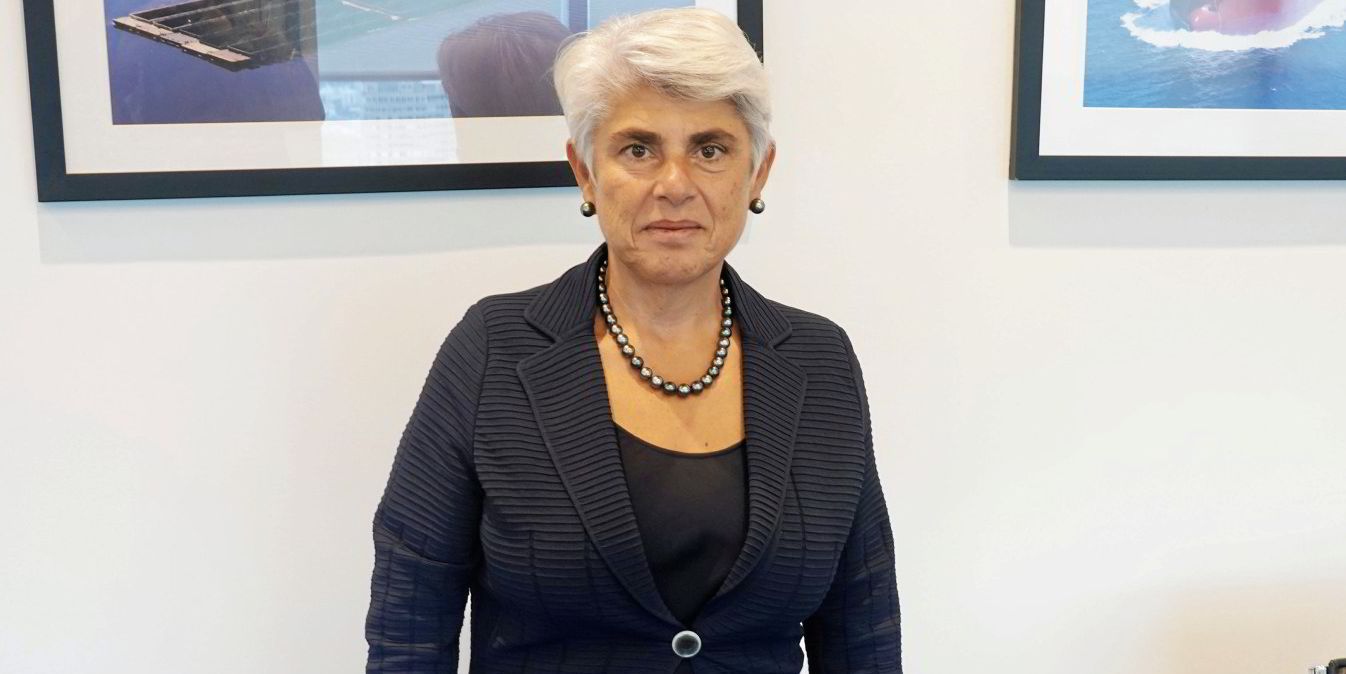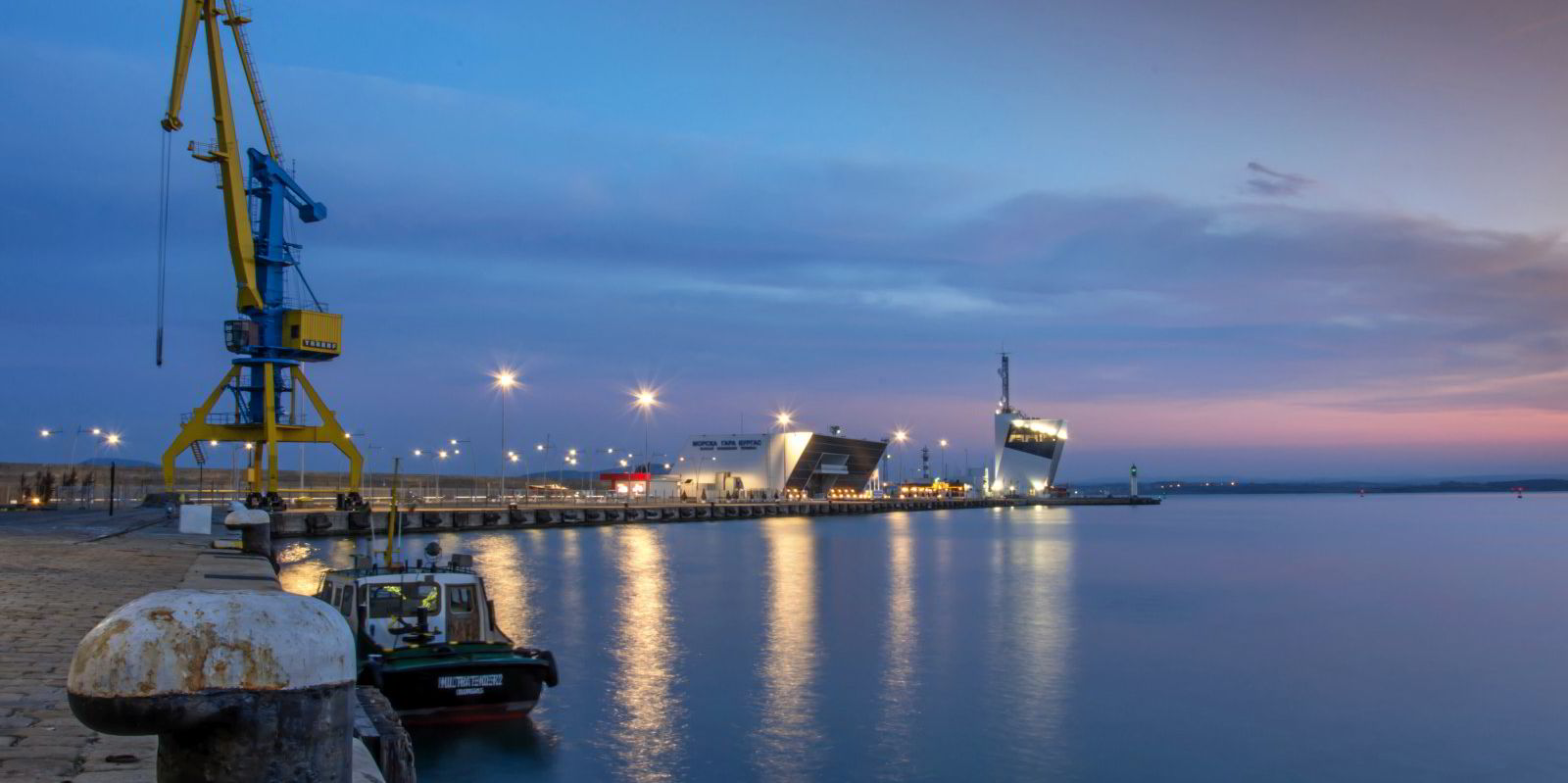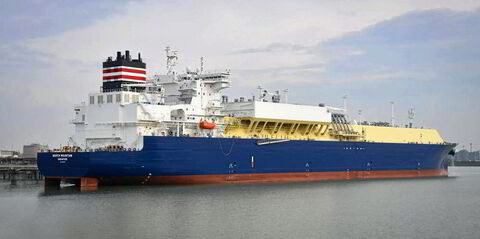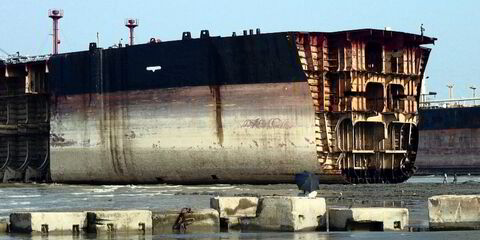US authorities have issued letters to an array of shipping companies in what industry sources see as an effort to put pressure on the tanker sector over the price cap on Russian oil.
Tanker market sources said the letters have been received by more than 30 shipowners and managers in the tanker space.
The US Treasury department’s Office of Foreign Assets Control, known as Ofac, sent the letters mostly to Greek companies trading in the crude and fuel oil trades impacted by the price cap.
It is believed that the managers are being asked to demonstrate the due diligence steps they have undertaken in verifying compliance with the price cap rules.
One source said the enforcement had created anxiety among charterers who were wary about having cargoes tied up over the course of months in a scenario similar to that faced by the 158,600-dwt tanker Suez Rajan (built 2011), an Empire Navigation-controlled ship that was seized by US authorities in connection with Iranian sanctions.
A source who has seen the letters told Reuters that the Treasury department sent letters to ship management companies of 100 vessels suspected of violating the sanctions, which allow vessels to carry Russian crude and oil products if they are sold below the price cap.
A Treasury department spokesperson declined to comment on its investigations or enforcement actions.
“Treasury is committed to enforcing the price cap and reducing Russia’s resources for its war against Ukraine,” the person said.
Reports of the Ofac missives come as questions remain over the level of due diligence that the Treasury department expects from shipping under the price cap, which requires shipowners and operators to have an attestation from their customers that Russian oil transported by their vessels has changed hands under the limit.
Though maritime lawyers who deal with sanctions cases told TradeWinds they had not seen the letters or heard that their clients had received them, they said there has not been significant enforcement of the price cap.
One lawyer said it would be difficult for the US government to know at what price Russian oil was sold.
“It might just be a warning shot across the bow,” he said.
But in October, Ofac released recommendations from the coalition of countries that adopted the price cap outlining best practices for maritime companies to stay within the rules of the price cap.
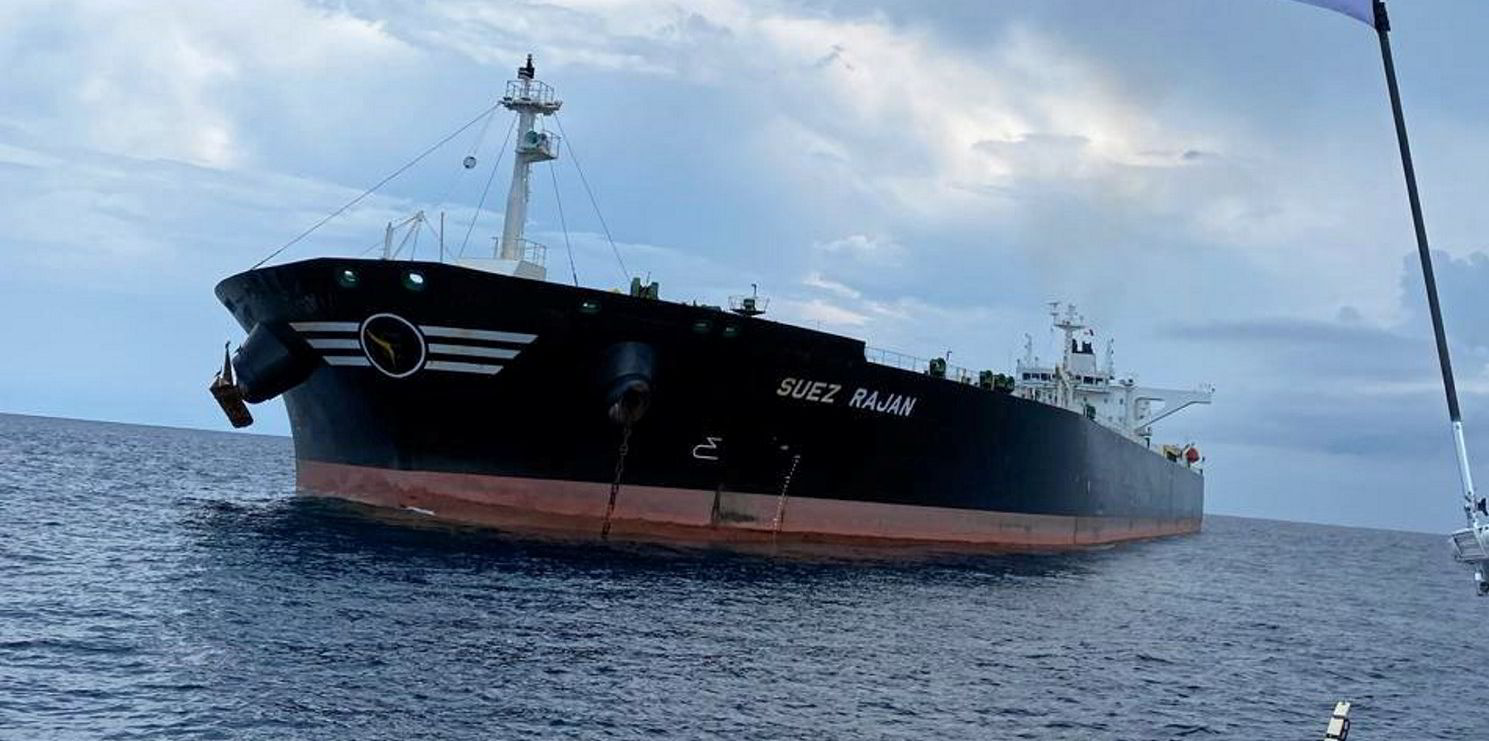
The agency suggested that companies require “significantly capitalised” protection and indemnity insurance, as well as using ships that are classed by a member of the International Association of Classification Societies.
Companies should “vigorously monitor” automatic information system tracking data, as well as high-risk ship-to-ship transfers.
And they should check data on freight, customs, insurance and other costs to ensure they are not being bundled in a way to conceal that oil was sold above the oil cap.
“The billing of commercially unreasonable or opaque shipping and ancillary costs should be viewed as a sign of potential price cap evasion,” Ofac said.
The agency also recommended “heightened due diligence” for ships that undergo administrative changes like re-flagging or engage in opaque practices.
And companies should report ships that trigger concerns, Ofac said.

